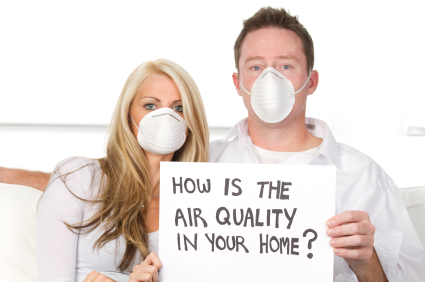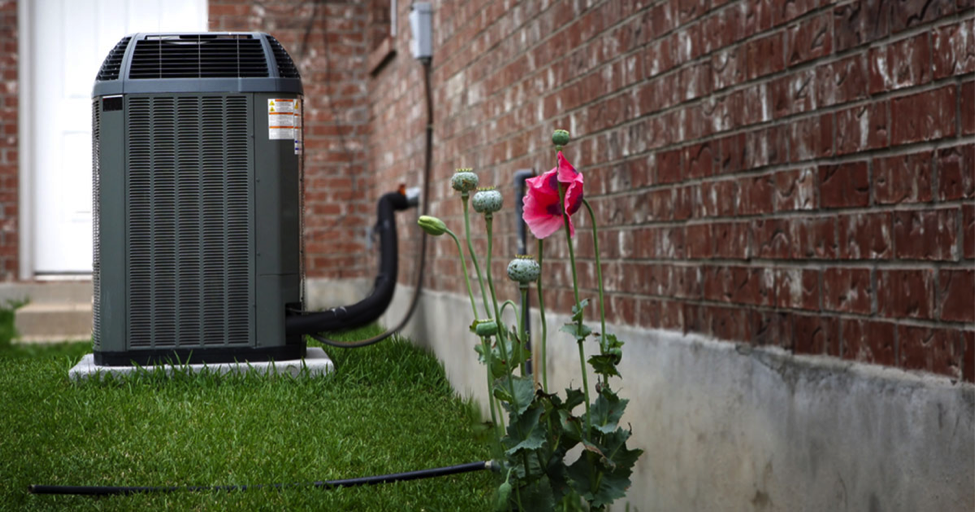What You Need to Know about Indoor Air Quality

Here’s exactly what you need to know about the air quality in your home!
 Photo: Boulden Brothers
Photo: Boulden Brothers
The air we breathe is essential to our health. When the air quality (AQ) isn’t optimal, it can lead to health problems and discomfort. Oftentimes, we don’t even attribute the quality of the air in our homes to our health issues, but the truth is that AQ can really impact us in many ways. By understanding air quality and how we can control it, we can reduce the risk of air quality-related health issues.
Pollutants and Long Term Health Effects
It’s important to understand that pollutants in the air can have both immediate and long-term effects on your health. On the immediate side, symptoms can include things like nose, eyes, and throat irritation; headache; dizziness; fatigue, and more. In addition, existing conditions such as asthma can be exacerbated by indoor air pollutants.
Symptoms of Bad Air Quality
Older people and people with existing conditions are more predisposed to experience immediate negative effects of indoor air pollution. The immediate effects can manifest symptoms that are quite similar to colds (which is part of the reason why many people don’t attribute these symptoms to poor air quality. One tell-tale way to determine whether the symptoms are the result of a cold or poor air quality is to take note of whether the symptoms go away when you are not in your home and return when you do. If they do, it’s likely the AQ in your home that is to blame.
Long-term effects can include respiratory diseases, heart disease and even certain types of cancer.
So What Can you Do?
So, what is there to do about the quality of the air in our homes? One of the best things we can do is ensure that the air filters in our HVAC systems are clean. Air filters need to be changed regularly (check the manufacturer’s directions for your filter to find out when you should change it). By changing the filter regularly, you ensure that the amount of debris that is caught up in the filter is not preventing the filter from capturing new particles that enter the system. A clogged filter won’t be able to do its job properly, so changing the filter regularly is very important.
Changing Your Filter
The timing of when you change the filter is key, too, in addition to changing it regularly. The onset of spring is one time when you should definitely check your filter and change it if necessary. This is for a few reasons. First, spring is the time when the ground goes from being frozen and barren to warming up and sprouting with all kinds of pollen-releasing plants. For those with seasonal spring allergies, which can lead to a whole lot of sneezing, wheezing, stuffiness, and other symptoms we’ve already talked about. Second, spring is also when many of us go between using our furnaces and our air conditioning systems. That switch can serve as a reminder to check change your air filter.







Leave a Comment